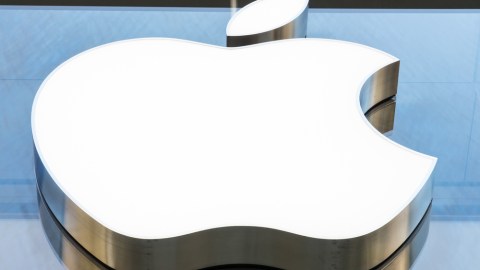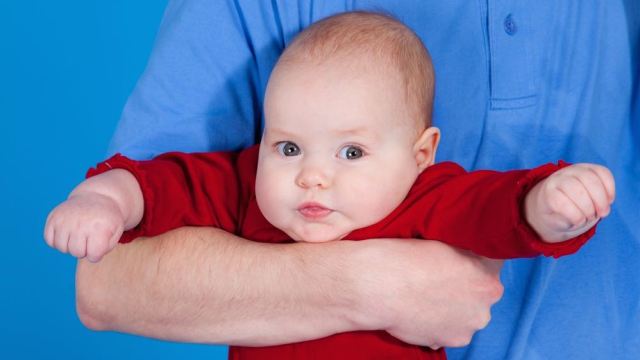What Apple Taught Me About the Future of Aging

New technology will surely improve the lives of older adults. However, there is a secondary effect of today’s technological innovation — it raises our expectations for life tomorrow. Technology is teaching baby boomers and every generation that follows to expect more and better in older age.
Recently I was on a flight from Los Angeles to Boston. My MacBook was showing signs of one too many trips and presentations. Sitting at 37,000 feet, I took advantage of the onboard WiFi. After the beverage cart clinked by and I dodged a near-hard-drive-death experience of a soda being passed over my keyboard, I clicked on to begin shopping for my laptop to be. I wondered if I could buy more memory and thought I would wait until I was home or in the store — but an Apple online chat assistant was available. While potato chips, and bags of what pass for cookies, were being handed out over my head, I thought, why not? I clicked and engaged the courteous assistant. The exchange went on for about five minutes. I got answers to my questions and we concluded our online geek chat with the same pleasantries I might have experienced at the mall. My Apple online shopping cart was complete and right in front me — given the configuration of most airline seats, my screen displaying my choice was even closer to my face than usual. I decided to finish. Pulling out my credit card, I purchased the most important tool of my trade, and second most expensive and regularly used product (after my car), speeding along at 500 mph five miles above Nebraska.
I am not a tech Luddite. WiFi onboard is not novel nor is shopping while otherwise bored. What occurred to me after my Apple receipt appeared in my email (still somewhere over Nebraska) is that expectations are taught and learned. Our experiences in one area of our life translate into expectations in other domains. What will our tech experiences in younger age mean for expectations in our later years when we are managing issues that are far more critical than ensuring that the right memory and hard drive are configured in our laptop?
The next generation of “old” is being taught that there is an “app” for nearly everything.
Consider caregiving — systems that simply notify an adult child after mom has fallen and that emergency response is on the way is likely to be considered too little, too late. Even proactive services that can detect changes in her walk or eating patterns had better provide seamless, easy, 24/7 access to her status as easily as a music download from the cloud.
Retirement planning and financial-management services that only offer an automated decision tree with an algorithm-driven risk calculator for the “average” person my age will be far from adequate. The next-generation financial services consumers will expect online speed, excellence and mobility — AND easy access to real humans with the smarts and empathy to listen to questions and provide the complexity of response an older client believes they deserve.
Expectations for medical care will be no different. The wearables revolution provides nearly unlimited data. Future older adults will expect those data to translate into better and comprehensive healthcare. More than simply managing chronic diseases or managing medications, tech-enabled older consumers will expect healthcare to be ubiquitous, 24/7, and focused on well-being; not just sickness.
Transportation for those no longer willing, or able, to drive will not see a van as an adequate alternative. Transit services that require reserving a ride hours, days, and, in some regions, weeks in advance will not be acceptable. The next wave of older adults will be the Uber generation — and they will expect Uber, Lyft, taxis, and public transportation to provide seamless service on demand.
The new old will not be as polite or accepting as their parents. Apple and other firms have taught them not to be patient and to expect that better is coming with the next upgrade. For business, government, and NGOs, real innovation will be exciting and delighting the older consumer, not simply responding with what is “needed.” No, boomers, X’ers, and Millennials who expect an “app” for everything will expect “it” — whatever it is — to be faster, better, cheaper and have a certain cool factor even after they are long past cool at 37,000 feet up or on the ground.
Image by Shutterstock





